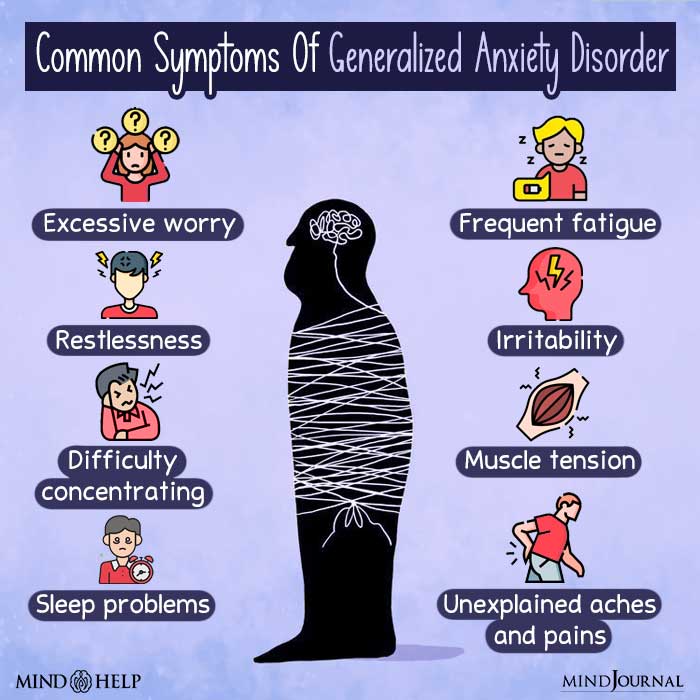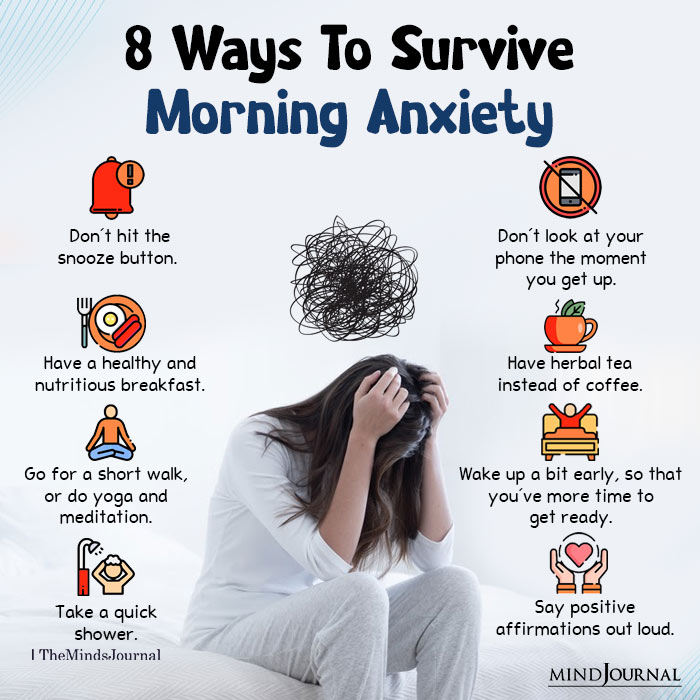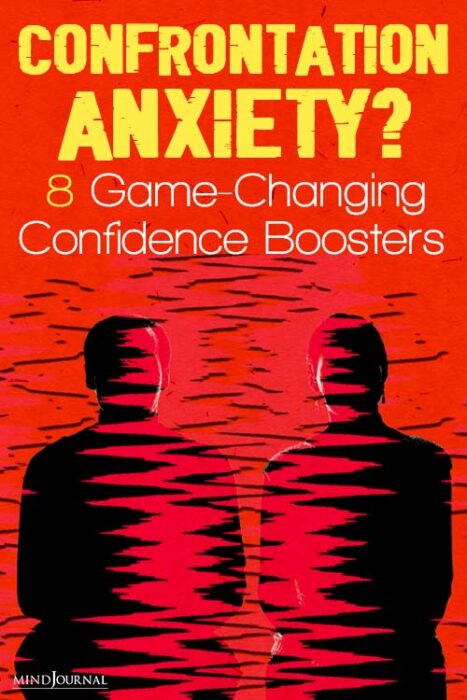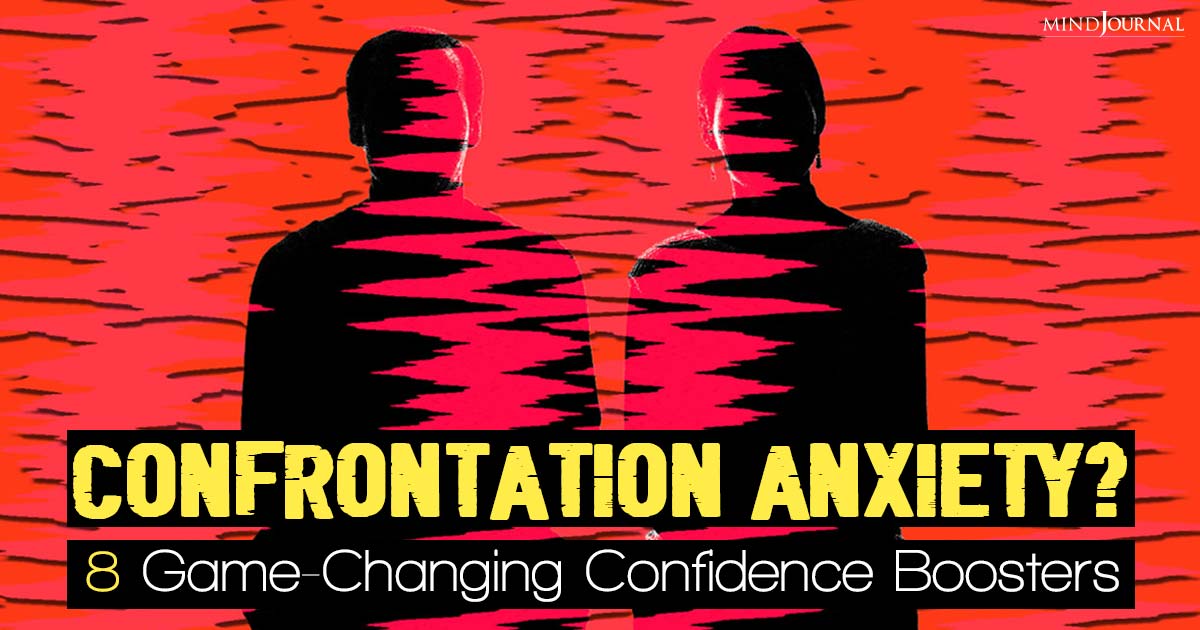Have you ever found yourself in a situation where you needed to address a concern or express your disagreement, but instead, you experienced a surge of anxiety and chose to remain silent? If so, you may be familiar with confrontation anxiety or the fear of confrontation.
This apprehension is a common human experience, affecting individuals from all walks of life. Today, we will delve into the depths of the fear of confrontation, exploring its psychology, recognizing its signs, understanding its causes, and most importantly, discovering effective strategies to overcome it.
So, let’s embark on a journey to embrace our inner courage and become fearless in the face of confrontation.
What is Confrontation Anxiety?
Fear of confrontation meaning: The fear of confrontation can be defined as an intense aversion or anxiety that arises when faced with situations requiring expressing one’s thoughts, emotions, or concerns to another person. It is also known as confrontation anxiety, conflict aversion or conflict phobia.
It’s the fear of engaging in difficult conversations, fearing potential conflict, rejection, or negative outcomes. This fear can manifest in various areas of life, such as personal relationships, professional settings, or even within oneself.
Related: The Anxiety Spectrum: 5 Major Types Of Anxiety Disorders And A Common Cause

Now that we know fear of confrontation meaning, let’s us delve in to the psychology behind this anxiety.
The Psychology Behind Confrontation Anxiety
Understanding the psychology behind the fear of confrontation is crucial in unraveling its grip on our lives. This fear typically stems from a combination of underlying factors, including:
1. Fear of Rejection
Many individuals fear that expressing their true thoughts and emotions will result in rejection or abandonment by others. This fear often arises from past experiences or a deep-seated need for social acceptance.
2. Fear of Conflict
Conflict can be uncomfortable and emotionally draining, leading to a fear of confrontation. This fear is often fueled by a desire to maintain harmony, avoid disagreements, or preserve relationships.
3. Low Self-Esteem
Individuals with low self-esteem may fear confrontation due to a lack of confidence in their own voice and opinions. They may worry about not being taken seriously or being judged negatively.
4. Negative Experiences
Past traumatic experiences, such as bullying or abusive relationships, can leave lasting scars that intensify the fear of confrontation. These experiences create a fear of potential harm or negative consequences.
Signs of Confrontation Anxiety
Recognizing the signs of fear of confrontation can help us identify and address this fear within ourselves and others. Some common signs include:
1. Avoidance
People experiencing the fear of confrontation often go to great lengths to avoid situations that may lead to difficult conversations. They may procrastinate, make excuses, or even completely withdraw from the situation.
2. Physical Symptoms
Anxiety associated with the fear of confrontation can manifest in physical symptoms such as increased heart rate, sweating, trembling, or difficulty breathing.
3. Passive Aggression
Instead of openly addressing their concerns, individuals with a fear of confrontation may resort to passive-aggressive behavior. They may express their discontent indirectly, through sarcasm, subtle jabs, or silent treatment.
4. People-Pleasing
Fearful of displeasing others or causing conflict, individuals may prioritize others’ needs and opinions over their own. They may avoid expressing their true thoughts and feelings to maintain a sense of harmony.
What Causes of the Fear of Confrontation
Understanding the root causes of confrontation anxiety is instrumental in overcoming it. Here’s what causes fear of confrontation –
1. Upbringing and Cultural Factors
Cultural norms, family dynamics, and upbringing can greatly influence one’s attitude towards confrontation. Those raised in environments where conflict was discouraged or viewed negatively may develop a fear of confrontation.
2. Traumatic Experiences
Previous traumatic experiences involving confrontation, such as heated arguments or aggressive behavior, can leave deep emotional scars. These experiences can create a fear response to similar situations in the future.
Related: 3 Reasons Why You Don’t Always Need To Go With The Flow
3. Lack of Communication Skills
Inadequate communication skills can contribute to the fear of confrontation. Individuals who struggle to express themselves effectively may fear being misunderstood or unable to articulate their thoughts and emotions. This is what causes fear of confrontation.
4. Perfectionism and Fear of Failure
High levels of perfectionism and a fear of failure can also contribute to the fear of confrontation. The fear of making mistakes or being judged can hinder individuals from engaging in difficult conversations.

How to Overcome Confrontation Anxiety
Wondering about dealing with confrontation anxiety? Now that we understand the fear of confrontation and its underlying causes, it’s time to explore strategies on how to overcome confrontation anxiety –
1. Self-Awareness
Developing self-awareness is the first step towards overcoming the fear of confrontation. Understanding your emotions, triggers, and the impact of avoidance can help you gain control over your fear.
2. Practice Assertiveness
Building assertiveness skills is crucial in overcoming the fear of confrontation. Start by expressing your opinions and concerns in low-risk situations, gradually working your way up to more challenging conversations.
3. Communication and Active Listening
Improving communication skills and actively listening to others can foster healthier and more constructive conversations. By focusing on understanding others and expressing yourself clearly, you can navigate confrontation with confidence.
4. Challenge Negative Beliefs
Identify and challenge negative beliefs that fuel your fear of confrontation. Replace self-limiting thoughts with positive affirmations and remind yourself that your opinions and feelings are valid.
5. Seek Support
Reach out to friends, family, or a therapist for support and guidance. Talking about your fears and receiving validation can help you gain perspective and build confidence in facing confrontational situations. This is an effective strategy on dealing with confrontation anxiety.
6. Gradual Exposure
Gradually expose yourself to confrontational situations to desensitize yourself to the fear of confrontation. Start with small, manageable steps and celebrate each achievement along the way.
7. Self-Care and Stress Management
Engage in self-care activities and practice stress management techniques to reduce anxiety and promote emotional well-being. Regular exercise, mindfulness, and relaxation techniques can help you stay calm and centered during confrontations.
8. Learn Conflict Resolution
Educate yourself on effective conflict resolution strategies. Understanding how to navigate conflicts constructively and finding win-win solutions can alleviate the fear of confrontation.
Takeaway
The fear of confrontation or confrontation anxiety is a common challenge that many people face, but it doesn’t have to control our lives. By understanding the psychology behind the fear, recognizing its signs, and exploring its causes, we can begin to overcome this fear and embrace our inner courage.
Through self-awareness, assertiveness, improved communication skills, and support from others, we can gradually overcome the fear of confrontation and engage in healthier, more authentic relationships and interactions.
So, let us take the first step towards conquering our fears, empowering ourselves, and embracing the transformative power of confrontation. Remember, your voice matters, and your courage will pave the way for personal growth and meaningful connections.
Related: How To Overcome Worry and Trust Your Intuition During Stressful Times
Frequently Asked Questions (FAQs):
Why am I afraid of confrontation?
Fear of confrontation may be due to past negative experiences, desire to avoid conflict, or concerns about the outcome or relationship.
How do I stop my fear of confrontation?
To overcome the fear of confrontation, practice assertiveness, improve communication skills, set boundaries, and seek support through therapy or counseling.
What is the word for fear of confrontation?
The word for the fear of confrontation is “confrontation anxiety” or “conflict avoidance,” which is often related to social anxiety or conflict aversion.









Leave a Reply
You must be logged in to post a comment.